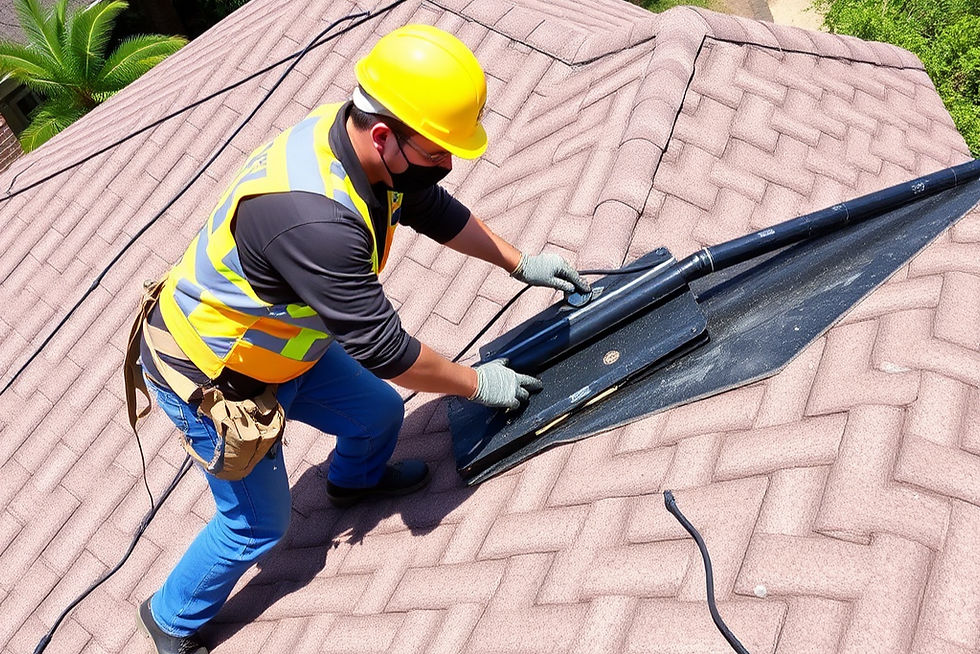The Definitive Guide to Swimming Pool Resurfacing: All You Need to Know
- Kate Westall
- Apr 5, 2023
- 2 min read
Updated: Feb 19, 2024
Swimming pool resurfacing is an integral part of swimming pool maintenance. It is an excellent way to give your pool a fresh, attractive look while ensuring its longevity. But do you understand the pool resurfacing process? Are you aware of the pool resurfacing options, costs, benefits, and materials? This definitive guide to swimming pool resurfacing will answer all these questions and more.

Understanding Swimming Pool Resurfacing
Swimming pool resurfacing involves removing the old, damaged surface of your pool and replacing it with a new one. This process is essential for keeping your pool in optimal condition and ensuring the safety of swimmers. The task can be accomplished by a professional or, if you're feeling handy, it could be a DIY project.
Why Should You Resurface Your Swimming Pool?
Pool resurfacing is not just about maintaining your pool's aesthetic appeal. It's also about preventing structural damage and ensuring the pool’s safety. Over time, your pool’s surface can develop cracks, blisters, and discolorations, which can lead to more significant issues if not addressed. Pool resurfacing can also increase your property value and save you money in the long run by preventing costly repairs.
Pool Resurfacing Options
There are several pool resurfacing options available, each with its own set of benefits. You can choose between plaster, fiberglass, pebble, quartz, tile, and more. Your choice will depend on your budget, aesthetic preference, and the type of pool you have.
Pool Resurfacing Cost
The cost of pool resurfacing varies depending on the size of your pool, the material you choose, and whether you decide to DIY or hire a professional.
The Process Of Pool Resurfacing
The pool resurfacing process involves several steps, including draining the pool, removing the old surface, preparing the pool for the new surface, applying the new surface, and finally, filling the pool. Each step must be done carefully to ensure a successful resurfacing project.
DIY vs. Professional Pool Resurfacing
Whether you should DIY or hire a professional for pool resurfacing depends on your skill level, budget, and the amount of time you're willing to dedicate to the project. While DIY can save you money, it can be a complex and time-consuming task. On the other hand, hiring a professional can ensure a high-quality job and save you a lot of time and effort.
Pool Resurfacing Materials
The material you choose for pool resurfacing will impact the look and feel of your pool, as well as its longevity. Some popular pool resurfacing materials include plaster, fiberglass, pebble, quartz, and tile. Each material has its own set of pros and cons, so it's essential to research and choose the one that best suits your needs.
Conclusion
In a nutshell, pool resurfacing is a worthwhile investment that can enhance your pool's appearance, improve its durability, and increase your property's value. Whether you opt for DIY or professional pool resurfacing, understanding the process, options, costs, and materials can help you make an informed decision.





Comments